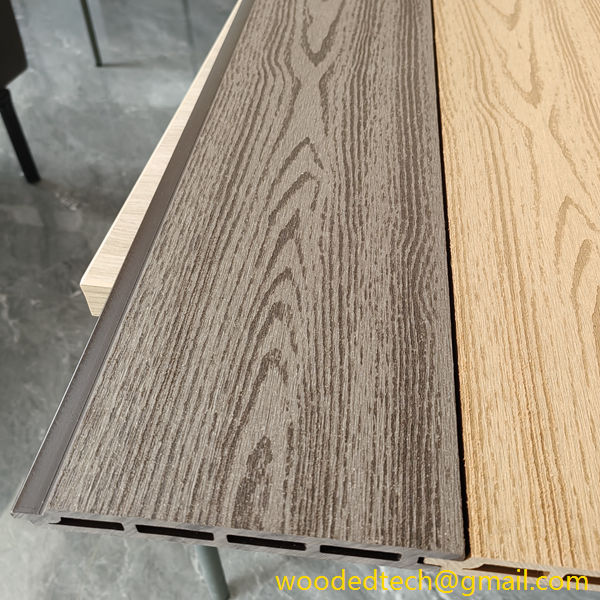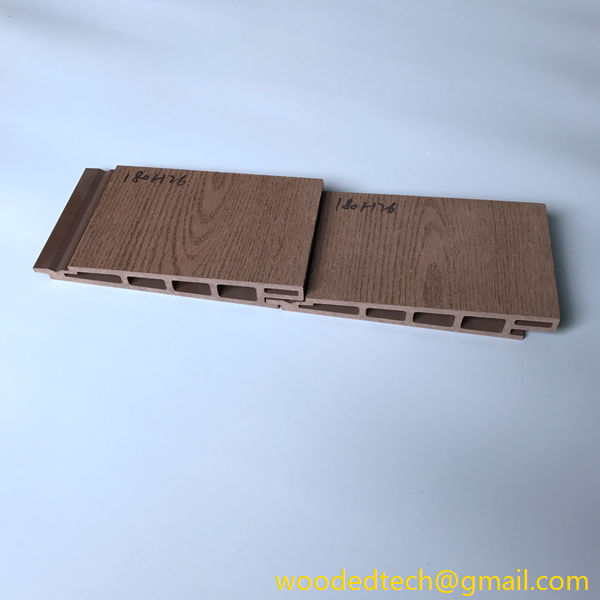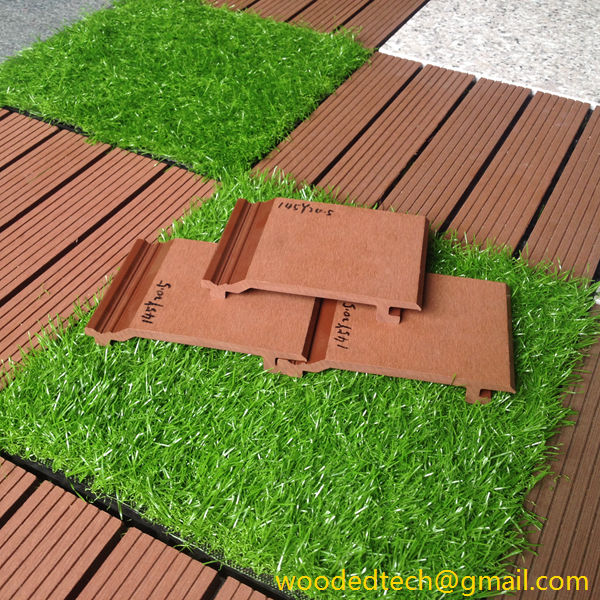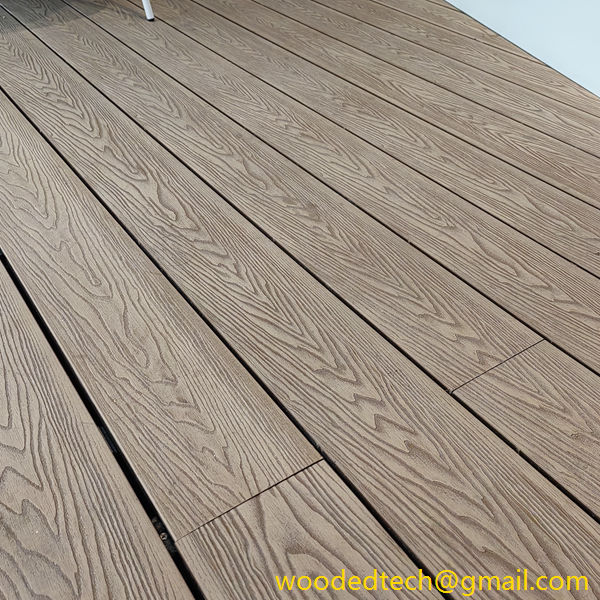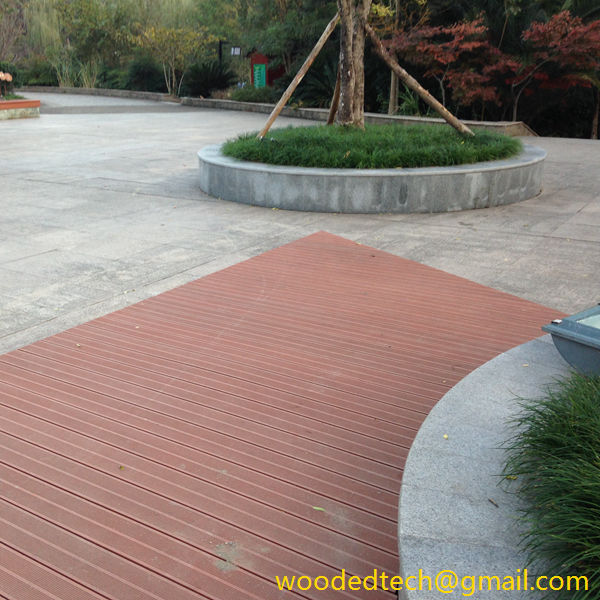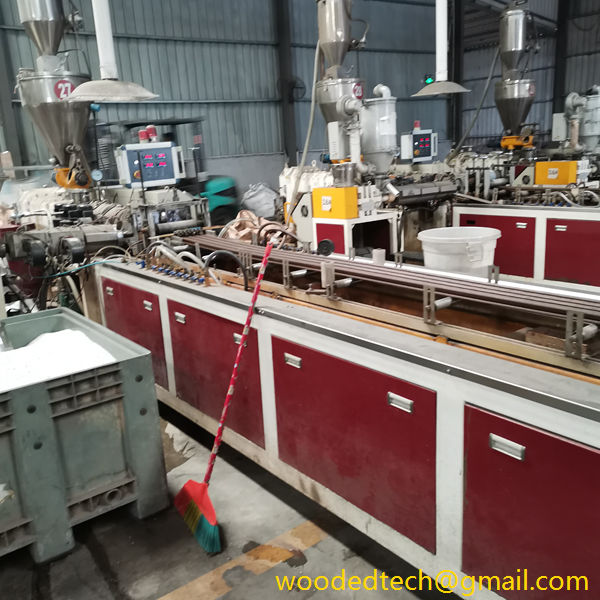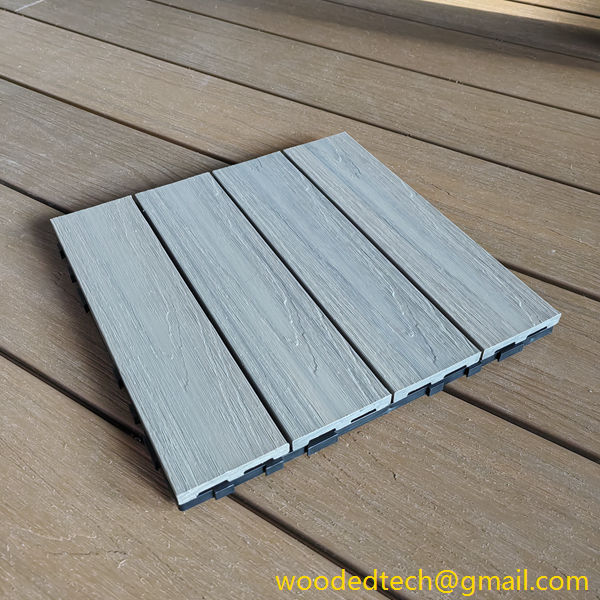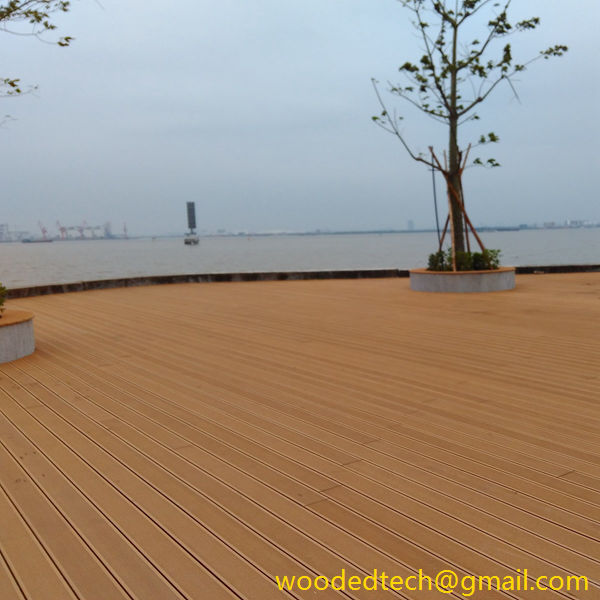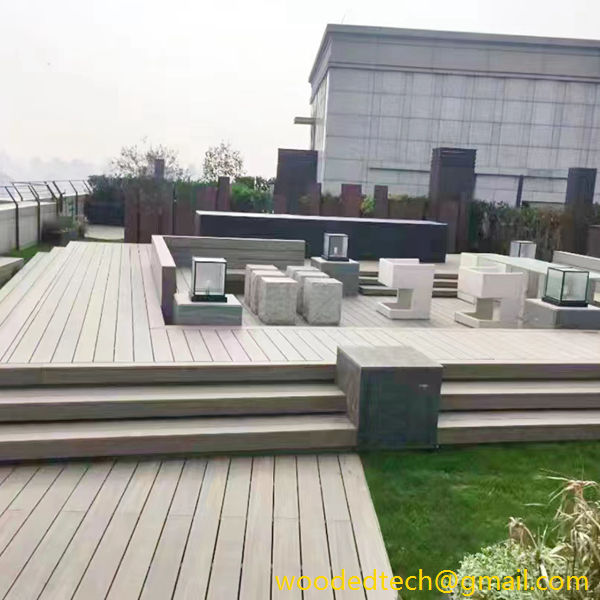Choosing Plastic Wall Panels Outdoor for a Durable and Weather-Resistant Exterior Solution
Choosing Plastic Wall Panels Outdoor for a Durable and Weather-Resistant Exterior Solution Choosing plastic wall panels for outdoor applications has gained popularity in recent years, particularly for those seeking a durable and weather-resistant exterior solution. As a versatile building material, plastic wall panels offer numerous advantages over traditional materials, including wood, metal, and concrete. This…
Choosing Plastic Wall Panels Outdoor for a Durable and Weather-Resistant Exterior Solution
Choosing plastic wall panels for outdoor applications has gained popularity in recent years, particularly for those seeking a durable and weather-resistant exterior solution. As a versatile building material, plastic wall panels offer numerous advantages over traditional materials, including wood, metal, and concrete. This article explores the benefits of plastic wall panels, the factors to consider when selecting them, and their applications in various outdoor settings.
One of the primary reasons plastic wall panels are favored for outdoor use is their exceptional durability. Unlike wood, which can rot, warp, or crack under harsh weather conditions, plastic wall panels are engineered to withstand a wide range of environmental challenges. They are resistant to moisture, which prevents the growth of mold and mildew, making them an ideal choice for regions with high humidity or heavy rainfall. Moreover, plastic panels do not suffer from insect damage, eliminating the need for chemical treatments that can be harmful to the environment and human health.
Weather resistance is another critical factor that makes plastic wall panels an excellent choice for outdoor applications. These panels are designed to endure extreme temperatures, from scorching heat to freezing cold. They maintain their structural integrity and appearance despite prolonged exposure to UV rays, which can cause traditional materials to fade or degrade over time. This ability to resist weathering not only extends the lifespan of the panels but also reduces maintenance costs, as they require minimal upkeep compared to other materials.
When selecting plastic wall panels for outdoor use, it is essential to consider the specific requirements of your project. The type of plastic used in the panels plays a significant role in their performance. High-density polyethylene and polyvinyl chloride are two common materials that offer excellent strength and weather resistance. Each type has its unique properties, so it is vital to evaluate which one best suits your needs based on factors such as climate, exposure to elements, and aesthetic preferences.
In addition to the material, the design and thickness of the panels should also be taken into account. Thicker panels typically provide better insulation and impact resistance, making them suitable for high-traffic areas or locations prone to extreme weather events. Furthermore, the design of the panels can contribute to the overall aesthetic appeal of your property. With various colors, textures, and finishes available, plastic wall panels can mimic the appearance of traditional materials while providing the benefits of modern technology.
Another factor to consider is the installation process. Plastic wall panels are generally lightweight and easier to handle than traditional materials, which can significantly reduce labor costs during installation. Many panels come with interlocking systems that simplify the installation process, allowing for a seamless and secure fit. Additionally, the versatility of plastic wall panels makes them suitable for various applications, including residential, commercial, and industrial settings. Whether you are looking to enhance your home’s exterior, create a stylish outdoor living space, or establish a functional facade for your business, plastic wall panels offer a range of options to meet your needs.
Environmental sustainability is increasingly becoming a priority for many builders and homeowners. Plastic wall panels can contribute to sustainable building practices, as they are often made from recycled materials and can be recycled at the end of their life cycle. Additionally, their durability and low maintenance requirements mean that they do not need to be replaced as frequently as other materials, reducing waste and resource consumption over time.
In terms of cost-effectiveness, plastic wall panels offer a compelling alternative to traditional materials. While the initial investment may be higher than some options, the long-term savings associated with reduced maintenance, repairs, and replacement costs make them an attractive choice. The durability and longevity of plastic wall panels can result in a lower total cost of ownership, making them a wise investment for property owners.
In conclusion, plastic wall panels present a durable and weather-resistant exterior solution for various outdoor applications. Their exceptional performance in harsh conditions, coupled with their low maintenance requirements and environmental sustainability, positions them as an ideal choice for builders and homeowners alike. When selecting plastic wall panels, it is crucial to consider the material, design, thickness, and installation process to ensure you choose the best option for your specific needs. With the right choice, plastic wall panels can enhance the aesthetic appeal of your property while providing a long-lasting and resilient exterior solution.

